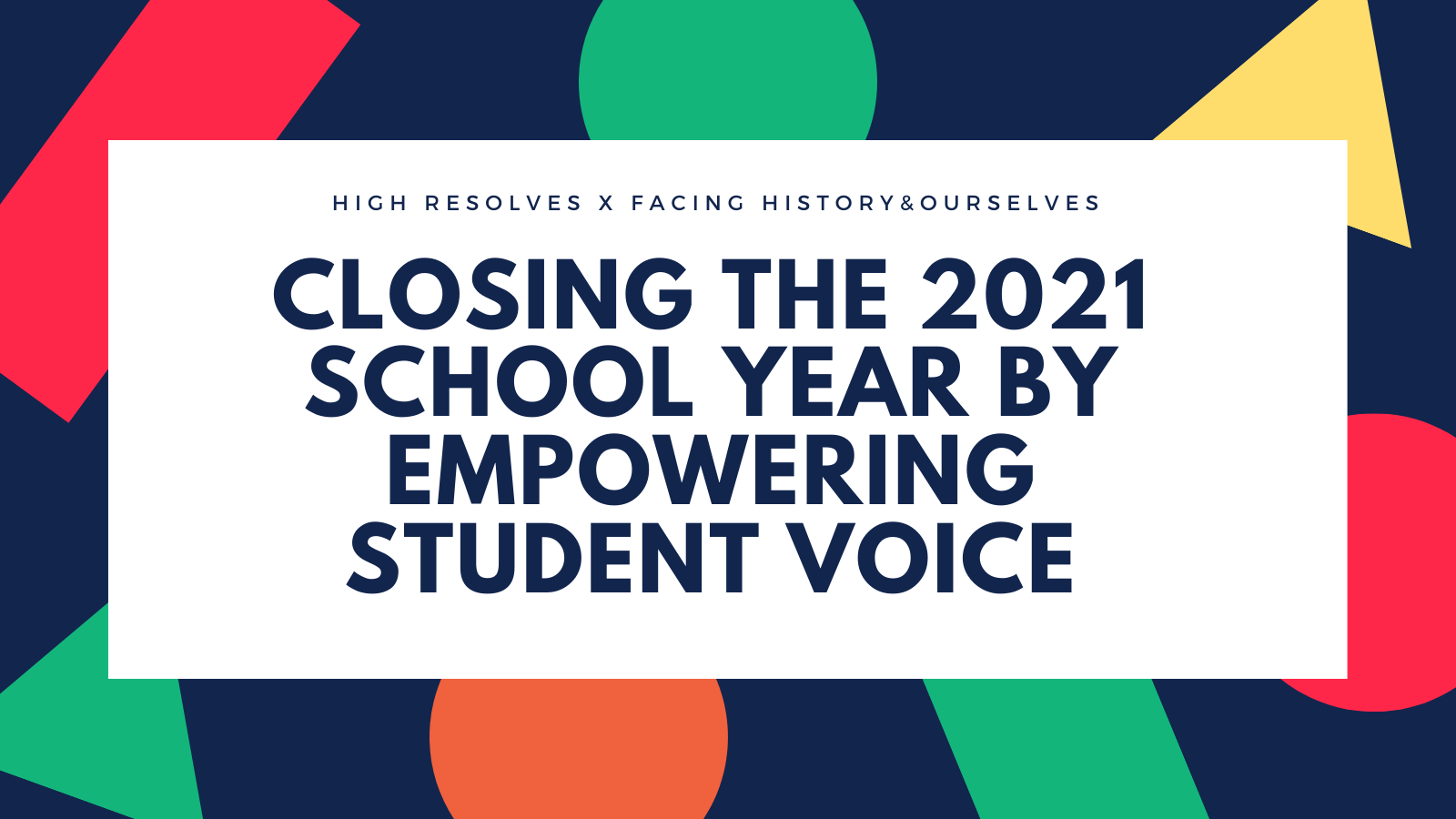Knowing that experiences of loss, isolation and disconnection caused by the pandemic have exacerbated the everyday challenges many face, we ask, what could it mean for students if they had an opportunity to tell their story or speak out on an issue that they care about? And what if students could feel heard?
Closing the 2021 School Year by Empowering Student Voice: Videos for Change
Posted by Cora-Lee Conway & Jasmine Wong on April 1, 2021
Topics: Film, Human Behavior, Upstanders, Video, Upstander, English Classroom, culminating, Digital Learning
Engaging Students in Film Analysis in ELA Classrooms (and Online!!)
Posted by Claire Ahn on April 20, 2020
Claire Ahn, an Assistant Professor of Multiliteracies in the Faculty of Education at Queen’s University, provides a framework to engaging students in film analysis (in the classroom and online) as well as access to film units and resources.
Facing History's 'Close Viewing Protocol' is also a great resource that explores questions surrounding what the filmmaker is trying to convey, the choices the filmmaker has made, the role of images, narration, editing, and sound, and what the film’s purpose might be.
Topics: English Language Arts, Film, Innovative Classrooms, Online Learning, Lesson Ideas, English Classroom, Tech Innovation, Facing Canada, Digital Learning, Creative
Exploring the Holocaust and Jewish Refugees’ Journey to Canada through Interactive Digital Learning and Creating
Posted by Elise Bigley on October 16, 2019
In a Facing History and Ourselves classroom, teachers are often developing creative ways to engage students in learning history. In this blog post, Elise Bigley tells us how she created a digital game- and invites students to create their own digital game- to deepen student learning from primary testimonies and source documents. She introduces us to the Vancouver Holocaust Education Centre's incredible archive of the experiences of Jewish refugees who were deported from Great Britain as enemy aliens during WW2 and interned in prison camps in Canada. These stories allow us to uncover a lesser-known moment in Canadian history and raise important questions about stereotypes, racism and the choices we make towards those who arrive at our borders.
Topics: Refugees, Holocaust History in Canada, Digital Learning



